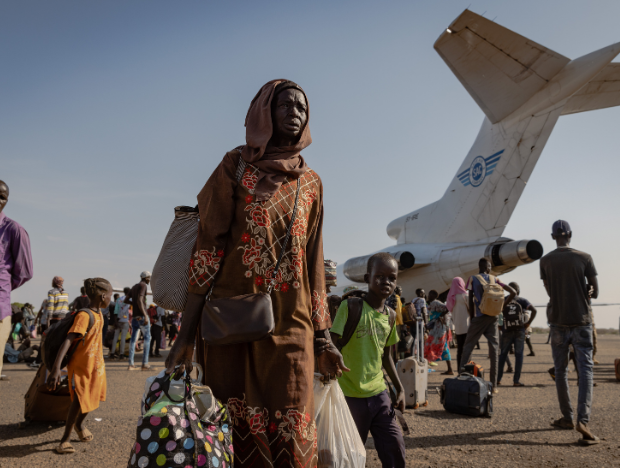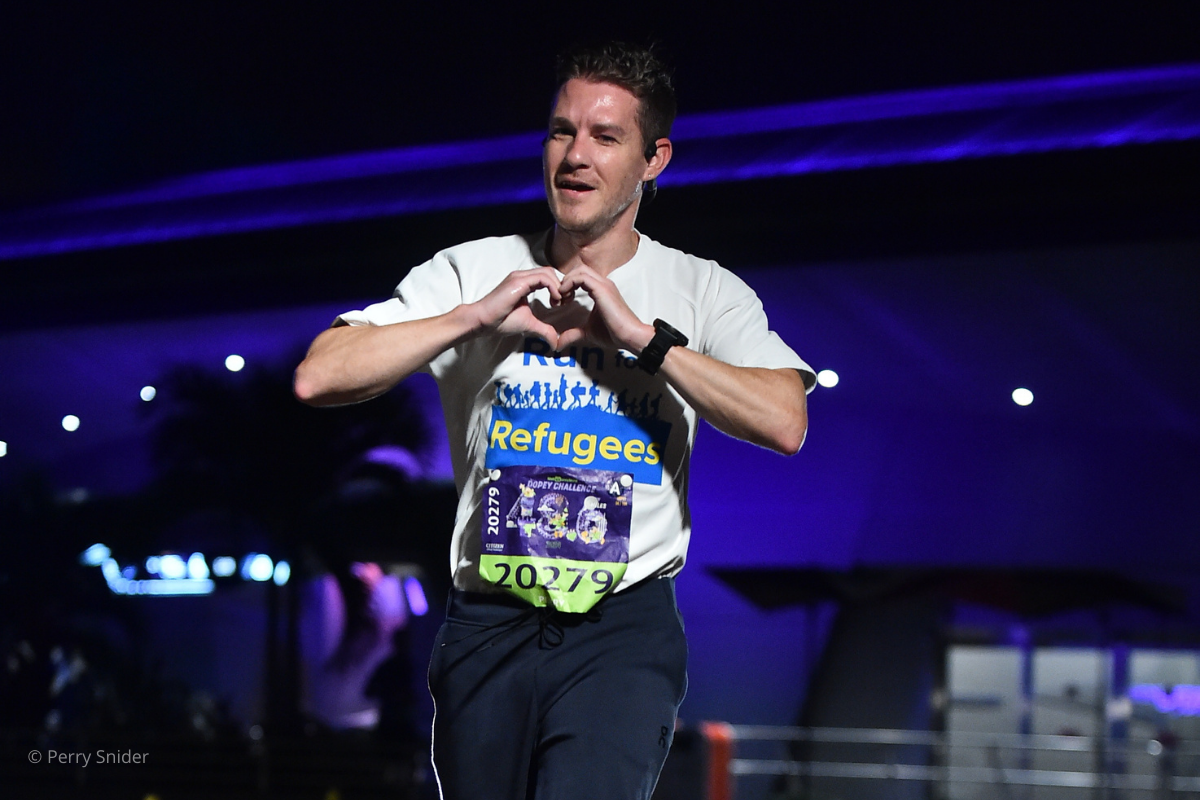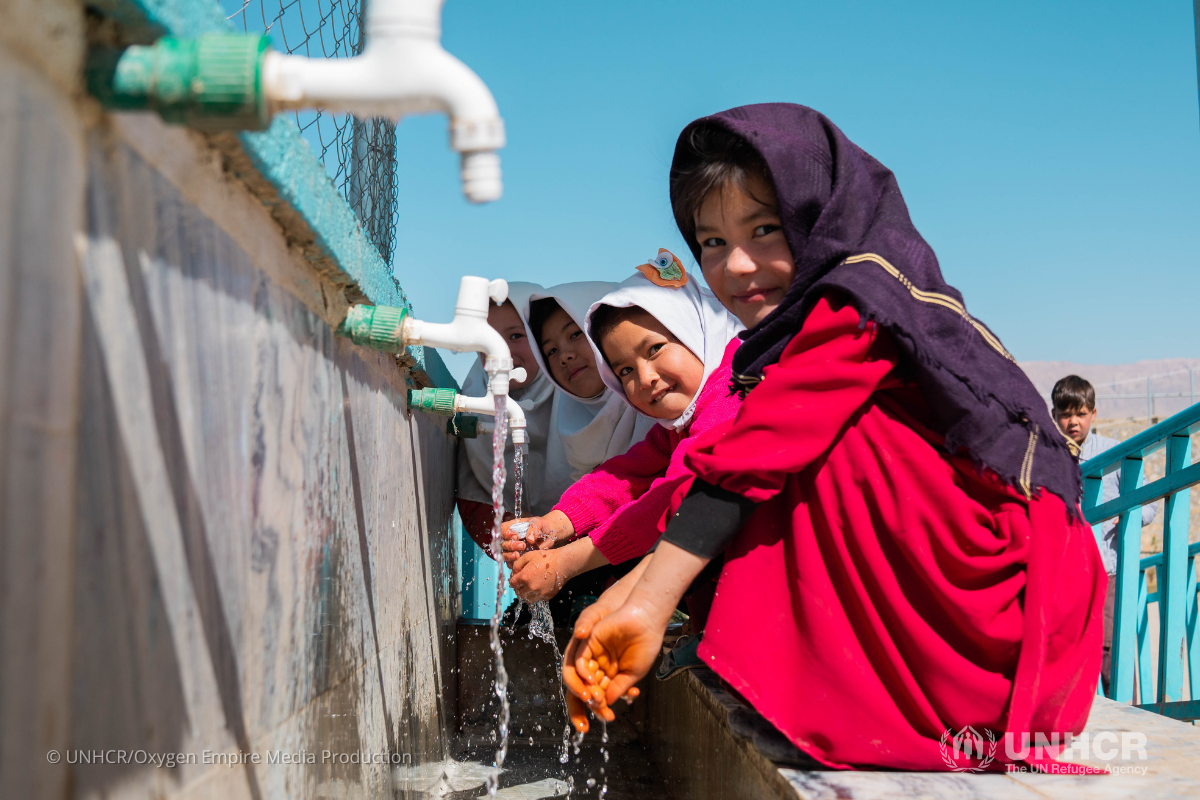Rohingya children play, learn and heal through song
The sound of children singing “Baa, Baa, Black Sheep” rings out of a classroom in a learning center in the Kutupalong refugee camp in Bangladesh. The scene unfolding in the classroom is universal. Two young students stand in front of the class, courageously leading their peers in song. The outgoing children sing loudly, while the shy ones sing a bit more softly.
The children are singing in one of the 1,700 learning facilities for Rohingya refugee children in Bangladesh. Students receive basic education in math, Burmese, English and, of course, they sing nursery rhymes. Learning centers not only provide Rohingya children with a chance to go to school, but they also offer a safe space for children to play and express themselves. Through student-led support groups, refugee children are able to talk about their feelings and experiences, helping them cope with and heal from the trauma they’ve endured.
Prior to the COVID-19 pandemic, there had been significant progress in expanding education access to Rohingya children. UNHCR recruited and trained more than 1,300 teachers and at the beginning of 2020, more than 50,000 children were enrolled in early and primary education.
But due to the pandemic, classrooms are currently closed and the progress made is under threat. Despite the challenges of distance learning in the camp, UNHCR is working with education sector partners in Bangladesh to support parents and help their children continue learning while classrooms remain closed. Educational radio programming and at-home learning materials are helping Rohingya children continue to learn outside of the classroom.
How you can help…
By becoming a monthly donor, you can help protect education for refugee children and help them reach a brighter, safer future.


